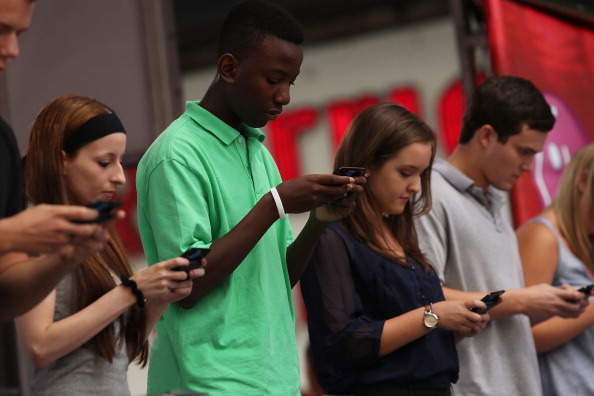
The Department of Health have released figures which reveal a decrease in drinking, drug use, smoking and pregnancy among teenagers. This has sparked a flurry of comment pieces accusing today’s teens of being “generation yawn” and “Stepford Teenagers”. I have just turned twenty. My teenage years seemed normal enough to me. I had ups and downs, a few awkward stages, a couple of unfortunate tattoos, piercings and experiments with hair dye (some successful, some not so much).
Publications such as the Daily Mail have suggested that “generation yawn” is down to some sort of reverse peer pressure from Muslim teenagers. But with British Muslim teenagers being very much in the minority this seems a little dubious. The type of peer pressure I experienced as a teen mostly revolved around social media. This is what defines today’s teens more than anything else. Social media is the way to be involved and fit in with your friends. When I was around 15 I was blessed (although I didn’t think so at the time) with a mum who believed deeply in the power of a good night’s sleep. This meant that my internet was cut off promptly at 9pm. For most of my friends this was when the fun started. In the evenings everyone would flock onto MSN messenger and various group conversations and inside jokes would be had. I would repeatedly miss out.



